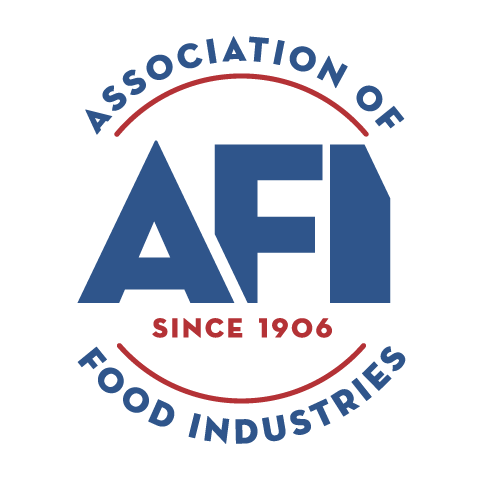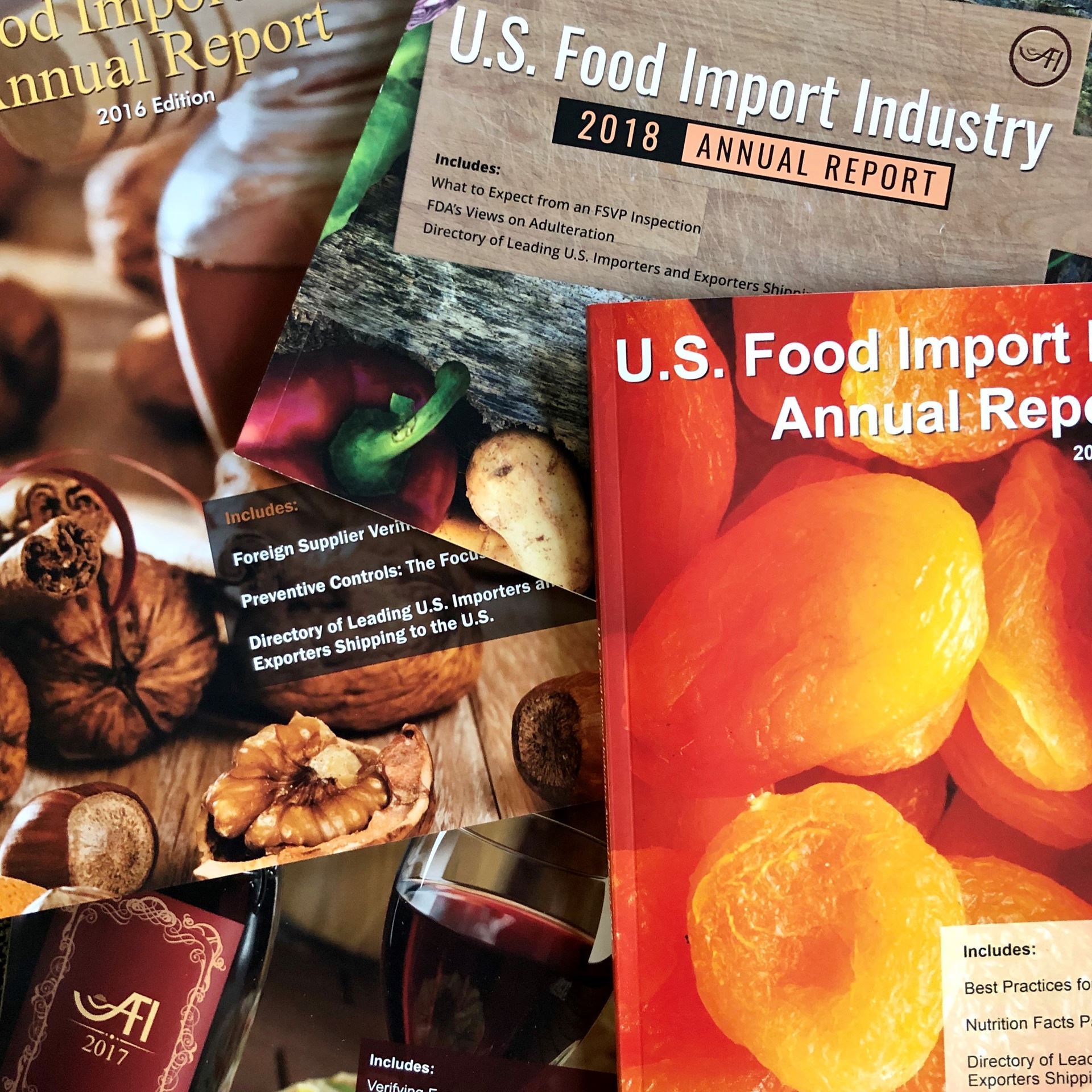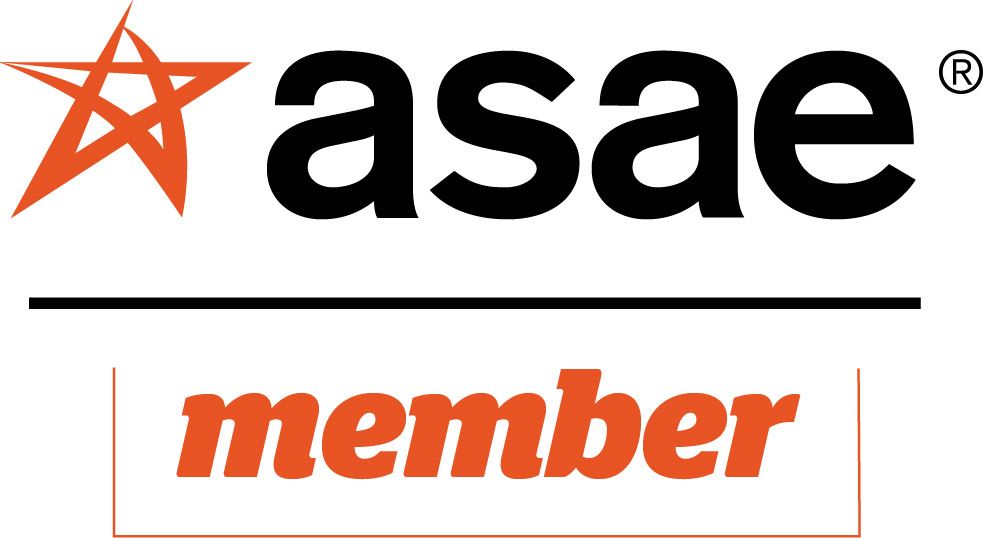Best Practice for Effective Customs ClearanceRick Walker
|
2019 U.S. Food Import Industry Annual ReportChairman's Report - Steve O'Mara President’s Report - Bob Bauer North American Olive Oil Association - Gabriel Estevez Processed Foods Section - Joseph Christovao, IV. Nut & Agricultural Products Section - Diana Thompson National Honey Packers & Dealers Association - Greg Olsen Regulatory and Trade IssuesProduct Recalls: Readiness Is Key Often Forgotten FSMA Component: Intentional Adulteration Rule The Power of Informed Compliance - Paul K. Jeka Best Practices for Effective Customs Clearance - Rick Walker Ready for a Process Validation? - Sherman L. Mah FDA Outlines Imported Foods Strategy Nutrition Facts Panel Changes Summarized Today's Currency for Building Relationships? - Ned Blinick Scaling Your Business - Rob Martucci Profitability Recipes for Food and Beverage Companies - Louis J. Biscotti Are Retail Online and mPOS Applications Secure? - Phil Jones Increasing Compliance and Regulatory Issues in Banking and Finance - John Grieco |



